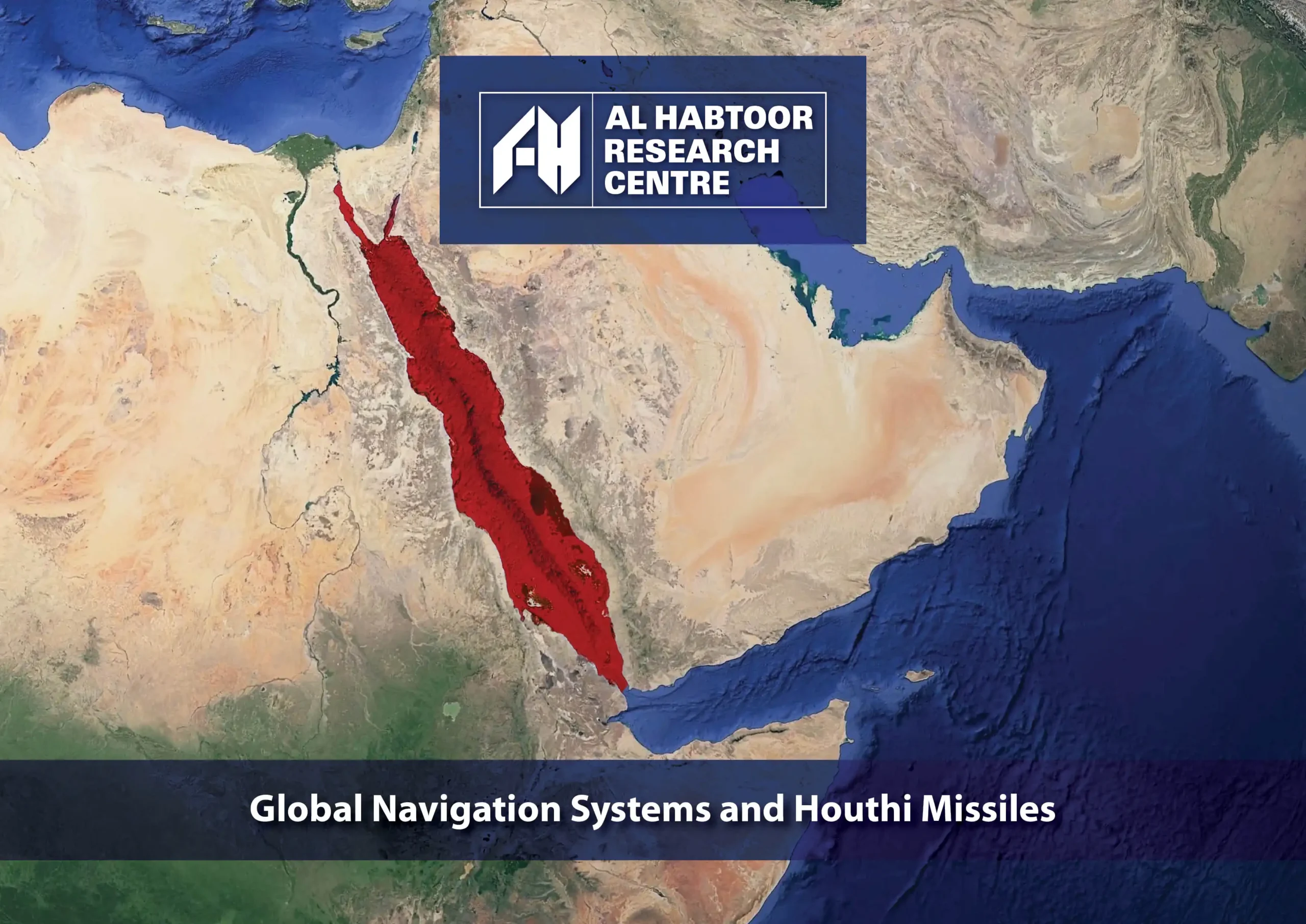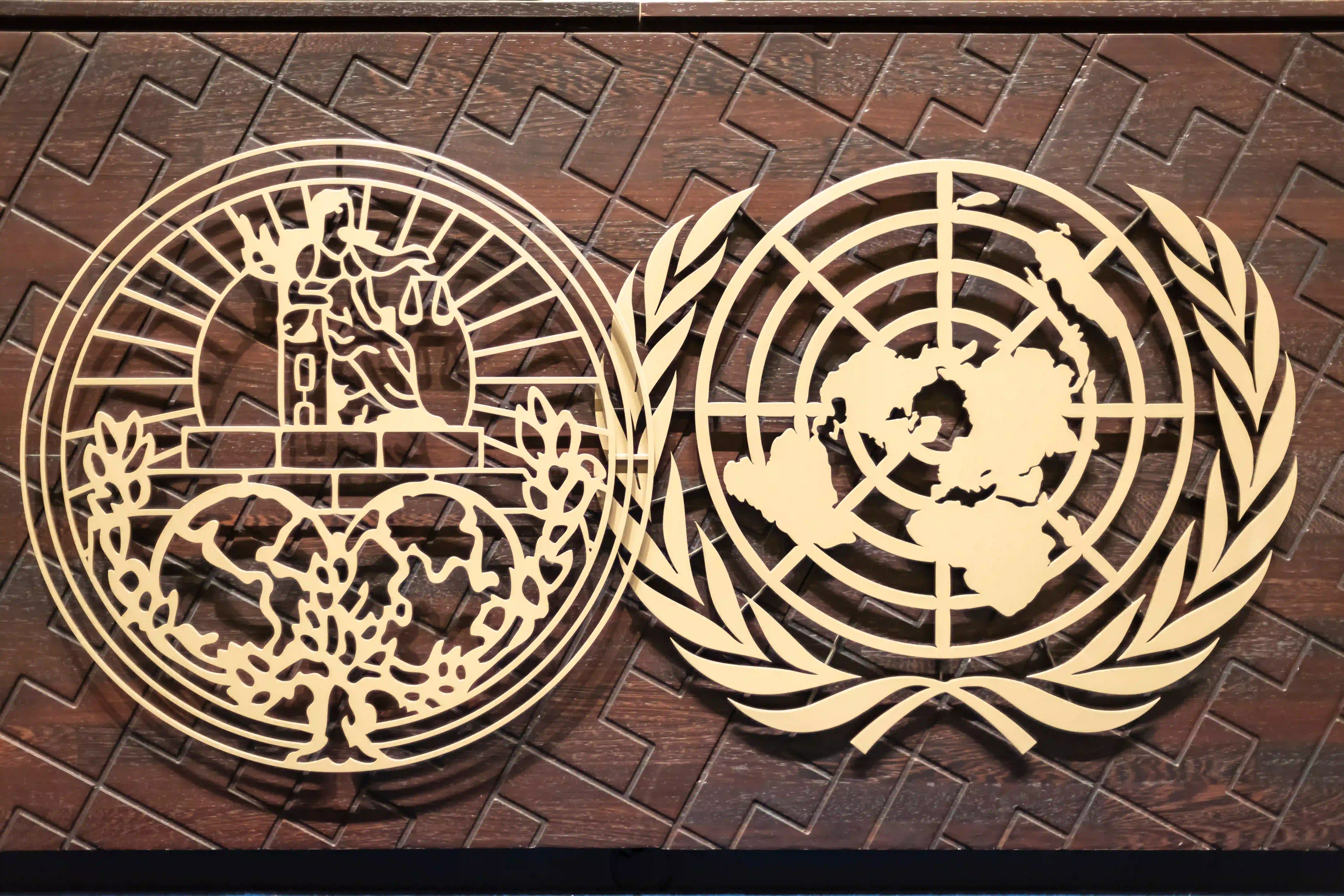25 Feb 2025
Emergency Arab Summit: The End of Gaza’s Suffering?
The upcoming emergency Arab summit in Cairo on March 4, 2025, occurs amid widespread regional and global condemnation of U.S. President Donald Trump's proposal to "take over" the Gaza Strip, transform it into what he claims will be the "Riviera of the Middle East," and resettle Palestinians elsewhere. This plan, though predictably outlandish, catalyses a gathering fraught with both peril and potential as it introduced uncertainty into the delicate ceasefire negotiations between Israel and Hamas. There are growing concerns that it may derail discussions for the second phase of the truce, which seeks to end the 15-month-long war.
Cairo finds itself not merely hosting a summit, but rather presiding over a critical juncture, one that will test the very foundations of Arab solidarity and expose the vulnerabilities inherent in a region perpetually teetering on the brink. This summit is not simply about addressing the Palestinian issue; it is about confronting a blatant disregard for Palestinian rights and a cynical manoeuvre that threatens to unravel any semblance of regional stability.
The summit’s raison d'être is clear to construct a unified Arab front against this displacement agenda and, more broadly, to reaffirm a collective commitment to the Palestinian cause. However, the very notion of “Arab unity” is itself a historically fraught concept, often more aspirational than actual. Past summits have showcased deep divisions and diverging national interests, rendering collective action elusive. Cairo must navigate these fault lines, leveraging the palpable outrage over the displacement proposal to forge a genuine consensus. The challenge lies not only in articulating a unified stance but in ensuring its practical implementation, translating rhetorical solidarity into concrete actions. This summit will serve as a litmus test for the Arab League’s relevance and capacity to act as a cohesive force in the face of external pressures and internal fissures. The spectre of past failures looms large, demanding a demonstrable shift from pronouncements to tangible outcomes.
10 Nov 2024
A New US President… A New Middle East!
On Sunday, Nov. 10, 2024, the Al Habtoor Research Centre hosted a pivotal panel discussion titled “A New U.S. President... A New Middle East”. The session delved into the anticipated effects of President Donald Trump’s return to office on the Middle East, a region undergoing significant transformation amid shifting global dynamics. Mr. Islam Ghoneim, CEO of the Al Habtoor Research Centre, opened the event, underscoring the critical need to examine the U.S. presidential election's repercussions on the Middle East, especially given the substantial shifts in international policies impacting the region. Dr. Azza Hashem, Research Director of the Al Habtoor Research Centre, introduced the esteemed speakers and outlined the themes of the panel discussion, which focused on the characteristics of U.S. policy in the Middle East and key perspectives on the future under Trump’s leadership.
11 Sep 2024
Al Karamah Crossing Incident: Individual Act or Growing Resistance?
A Jordanian citizen opened fire at the Al Karamah crossing—known as the King Hussein Bridge in Jordan and the Allenby Bridge in Israel—resulting in the deaths of three Israeli security guards. This incident took place in a commercial zone under Israeli control, where Jordanian trucks unload goods bound for the West Bank. While the crossing has seen relatively few security breaches since 2014, when Israeli guards fatally shot a Jordanian judge they claimed had attacked them, this latest episode marks a significant and potentially destabilising development.
The timing is particularly notable. The current incident marks a significant and troubling development, being the first of its kind since the events of October 7, which triggered the Israel-Hamas war and escalated tensions across the region. Its occurrence comes amid heightened Israeli military operations, including a nine-day incursion into the city of Jenin and its adjacent refugee camp in the West Bank.
Israel’s immediate response was to seal all land crossings with Jordan, halting civilian passage and initiating investigations into the Jordanian trucks present at the time of the attack. This blockade has resulted in significant logistical disruptions, with dozens of convoys stranded at the border. The incident not only exacerbates regional tensions but also prompts critical questions: Is this an isolated incident, or does it represent the fuse for a broader wave of resistance against Israeli policies in the occupied territories?
19 Feb 2024
Global Navigation Systems and Houthi Missiles
The Houthi militia targeted shipping traffic in Bab al-Mandeb Strait, aiming to exert pressure on Israel to lift the siege on the Gaza Strip. This resulted in the striking of dozens of ships as they traversed the strait in both directions.
Between November 19, 2023, and January 29, 2024, a total of thirty-five ships were targeted. The series of attacks commenced with the seizure of the vessel ‘Galaxy Leader’ and concluded with the naval missile strike on the ship " ‘Lewis B. Puller.’
11 Jan 2024
Israel and the ICJ: Resuscitating Global Order
South Africa’s case against Israel at the ICJ is a welcome attempt to revive the global social order but failure to bring about real proportionate justice will only further confirm the current state of international anarchy and embolden other rogue actors.
On Jan. 11, 2024, Israel appeared before the International Court of Justice in The Hague at the first hearing in the case presented against it by South Africa. Israel has been accused of committing the crime of genocide and may be subjected to provisional measures, which would request it to decrease all acts from within Article II of the Genocide Convention and halt its military operations in the Gaza Strip. The State of Israel, established in 1948, the same year that the U.N. Genocide Convention was adopted, may be charged with breaching the Convention, of which it is a signatory.




